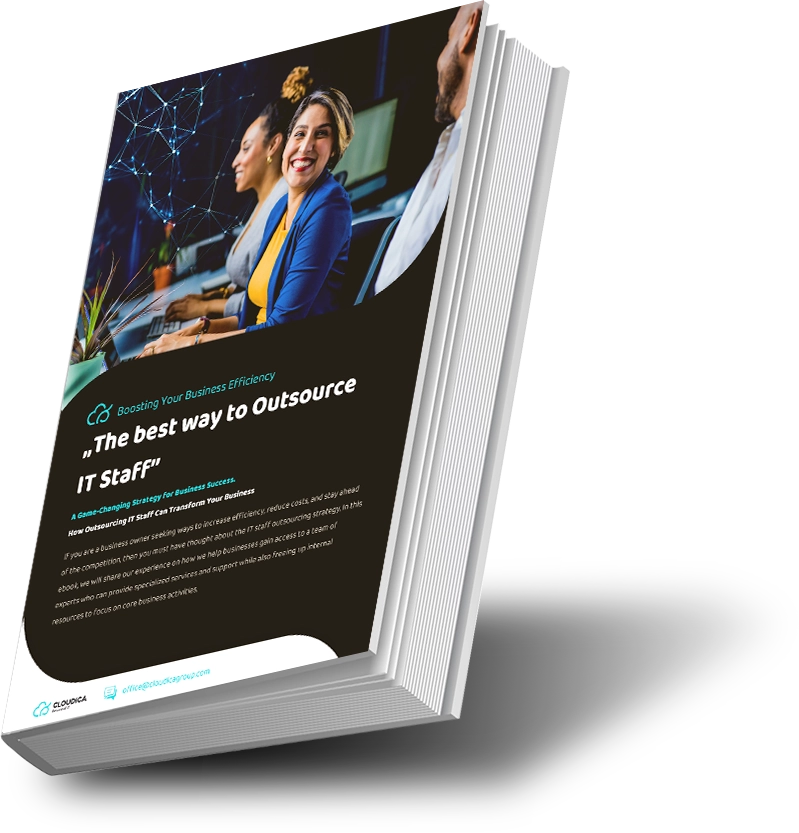Do you know what affects the valuation of your job?
You’ve probably looked at various reports or job portals more than once to see how much your position earns. Surely more than once a red light went on when you saw wide ranges and thought you were doing the same thing so maybe you should be earning more. Today’s access to this type of information and data is vast, but it is often left without any context. Lacking that context to better understand the available data can be a source of frustration as you begin to compare yourself. Comparison is not a bad thing, as it can contribute to your growth, but to be of value it must be preceded by analysis.
So, let’s consider what influences your salary. It is influenced by many factors, and the key ones are always the same: your experience, education and competence. Your earning potential will be influenced by your knowledge of the area you work in, your language skills, the number of certificates you have earned, the courses you have taken, that is – in general, the way you develop yourself. Your experience and competence have a significant impact on the quality and quantity of work you can do.

When comparing yourself with others, it’s worth considering objective criteria that can “make a difference.”
Just because we perform the same duties is not synonymous with being able to do the same thing. It’s worth asking yourself a few questions to objectively assess your position:
- What is your role? What kind of tasks do you have and how complex are they? How many tasks do you have?
- What are your competencies? What do you already know today, and at what level is that knowledge objectively?
- What is your experience? That is the practical side of your knowledge. Do you know how to put what you know into practice? What topics have you “eaten your teeth” on and little surprises you? Are you able to connect the dots of your knowledge in new topics, what is your proficiency and sophistication?
- Efficiency and productivity. Look at the way you work. Do you organize your workday well, manage to cope with all your responsibilities, and find new solutions to problems that make your work easier, are you creative and help your teammates when they happen to have a problem with something, or do you stretch your tasks over time, don’t know how to organize yourself, constantly do something at the last minute or put it off indefinitely?
- Development – do you learn new things, are you up to date with new technologies? Are you open to new topics?
- If you are working with a Customer then his opinion is very important. Can you be counted on? Are you on time? Are you professional? Do you avoid mistakes and communicate well? What is your responsibility to the Client for the topics implemented? What are the consequences you will face before the Client for failure/poor performance?
- Your attitude – way of being/living in the company. Do you know how others interact with you? Do you fulfil your commitments? If you make an appointment with someone for something, do you do it? Can you be counted on? Do you not hinder or slow down others’ work? Do you meet deadlines and commitments? By your tardiness, do you cause problems for your colleagues – for example, by not doing things by the agreed deadline, do you negatively affect the work of others or even delay the activities of others?
- Do you identify yourself with the company? Do you relate to it seriously or get involved in your tasks? In addition to performing your tasks, do you observe the work of the company, find solutions to make it easier, get involved in company life, and willingly share positive feedback about the company online?
Honest answers to these questions will make you realistic and objective about the value you bring to the place where you work.
Money Talks.
If you have already done a brief self-assessment by answering the above questions and the result is a feeling that you deserve more, prepare to talk about money. Remember that a conversation about a raise is a negotiation, that is, a voluntary, two-way communication where some of the interests of both parties coincide and some conflict. Therefore, to negotiate you must have arguments with which to sit down at the negotiating table. It pays to be well-prepared.
What arguments matter in the case of talks for a raise? First, you need to answer for yourself and the other party why the value of your work has increased. It could be new competencies, gaining new valuable experience, or your successes and achievements at work. Such arguments are factual and have great negotiating value. Is inflation an argument in such talks? It can be, in case the real costs of your activities have increased. The bare argument about the increased cost of living alone is not strong if it does not stand in line with the relevant arguments mentioned above (development and your achievements).
The second argument that, devoid of a broader context, will not impress the interlocutor is seniority which by itself does not prove anything. If working for several years, you did the minimum of what was expected of you, and did not learn new things, it is that the train with the world of technology on board has gone far away. Your value not only did not increase but even decreased. You have a lot of catching up to do. Seniority can be a good argument if it translates into you gaining a variety of experiences and learning new things.
It all comes down to the development
All the considerations so far boil down to how important development is. Especially in the new technology industry in which we operate, development is undeniably inherent and failure to move is going backwards. Technologies are rushing, and we must be faster than them to move forward.

Developing your knowledge and skills is essential if you want to build and develop your future in IT.
The pace of your development has a real impact on your value in the job market. However, remember that your development is your responsibility. No one will learn for you, and no one will find the motivation for you to devote time to this learning. The company you work for, and your manager should support your development, but they won’t develop for you. That’s why it’s important that you have an idea and a plan for yourself, and that you share that plan with others. Knowing what your aspirations are will help give you the support you need at the right time to achieve your goals faster.









